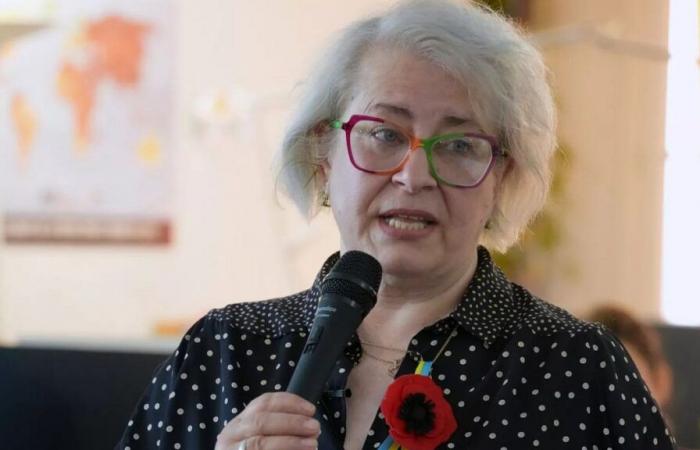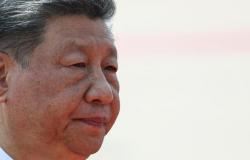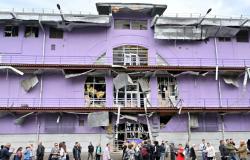Russian journalist Ekaterina Barabash said that “journalism no longer exists in Russia”. She arrived in Paris after a perilous flight from Moscow, where she risked a long prison sentence for condemning the massive invasion of Ukraine by her country.
It is feared that she died at some point before reappearing in the French capital.
Reporters Sans Frontières (RSF), who coordinated the escape of Ms. Barabash, explained that, to leave Russia, she had torn off her electronic bracelet and traveled more than 2,800 kilometers “by borrowing clandestine routes” in order to avoid being spotted by the authorities.
Barabash added that she was not allowed to disclose details. Still for two weeks after her escape, she hid “elsewhere than in Russia”.
The 63 -year -old journalist, who was under house arrest, risked a ten -year sentence for having published on Facebook, in 2022 and 2023, messages criticizing the total war waged by Russia. RSF said that she was wanted by the Russian authorities since April 21 and that her place of residence had not been made public until Monday.
Speaking at a press conference at the RSF headquarters in Paris, Barabash said it was no longer possible to do journalism in Russia. “There are no more Russian journalists,” she said. “Journalism cannot exist under a totalitarian regime”.
The journalist, who was born in Ukraine and whose son and grandson live in this country, said that the hardest had been to leave her 96-year-old mother in Russia, but that they agreed that it was worth it to allow her to find freedom.
One of the most perilous operations in the RSF
Ms. Barabash told AP that in her opinion, a Russian prison was “worse than death”.
“If you want to be a journalist, you have to (live) in exile,” she said. “If you want to stay in Russia as a journalist, you’re not a journalist. That’s it. That’s it.”
In his Global Press Liberty Ranking 2025, RSF places Russia in 171st place out of 180 countries.
Ms. Barabash thanked the “many people” and the RSF team who helped her escape.
Thibaut Bruttin, director general of RSF, described Ms. Barabash’s exodus as “one of the most perilous operations” in which the organization has participated since Russia has restricted media freedom in March 2022, following the total invasion of Ukraine the previous month.
-From the start of the war, the media was prohibited from referring to it as such, the Kremlin having imposed the use of the term “special military operation”.
On several occasions, the RSF team feared that Barabash has been arrested, and even thought once “could be dead,” said the director of the organization.
“This is a clear message to the Kremlin: the free voices that dare to tell the truth about the war in Ukraine cannot be reduced to silence. It is a message to journalists in danger: there is a way to get out of it, and RSF is by your side,” said Bruttin.
Why was Barabash imprisoned?
The Russian authorities arrested the journalist on her return from the Berlin Film Festival in February.
She was accused of broadcasting “Fake News” on the Russian army and qualified as “foreign agent” for Facebook posts condemning Russia’s actions in Ukraine.
The journalist and film critic was under house arrest before escaping on April 21.
According to RSF, More than 90 Russian media have fled to the European Union and neighboring countries since the start of the war.
According to its latest annual report, if Europe remains the safest region for journalists, press freedom also retreats. Within the European Union, Estonia is the best classified, while Greece occupies the last place.
A survey of the Forbidden Stories journalistic network published last week revealed that the Corps of Ukrainian journalist Viktoria Roshchyna was devoid of organs after his captivity and the tortures suffered by the Russians. It had been captured in the summer of 2023 near the Zaporijia nuclear power plant in southern Ukraine.
In Russia, the repression against independent journalism continues: last month, four Russian journalists were sentenced More than five years in prison for extremism, after being accused of having worked for the Foundation for the fight against the corruption of the deceased leader of the opposition Alexei Navalny.
All four claimed their innocence and said they were persecuted for exercising their job as a journalist. “Independent journalism is assimilated to extremism,” said one of the accused, Kostanin Gabov.








